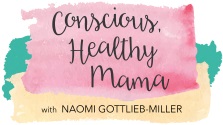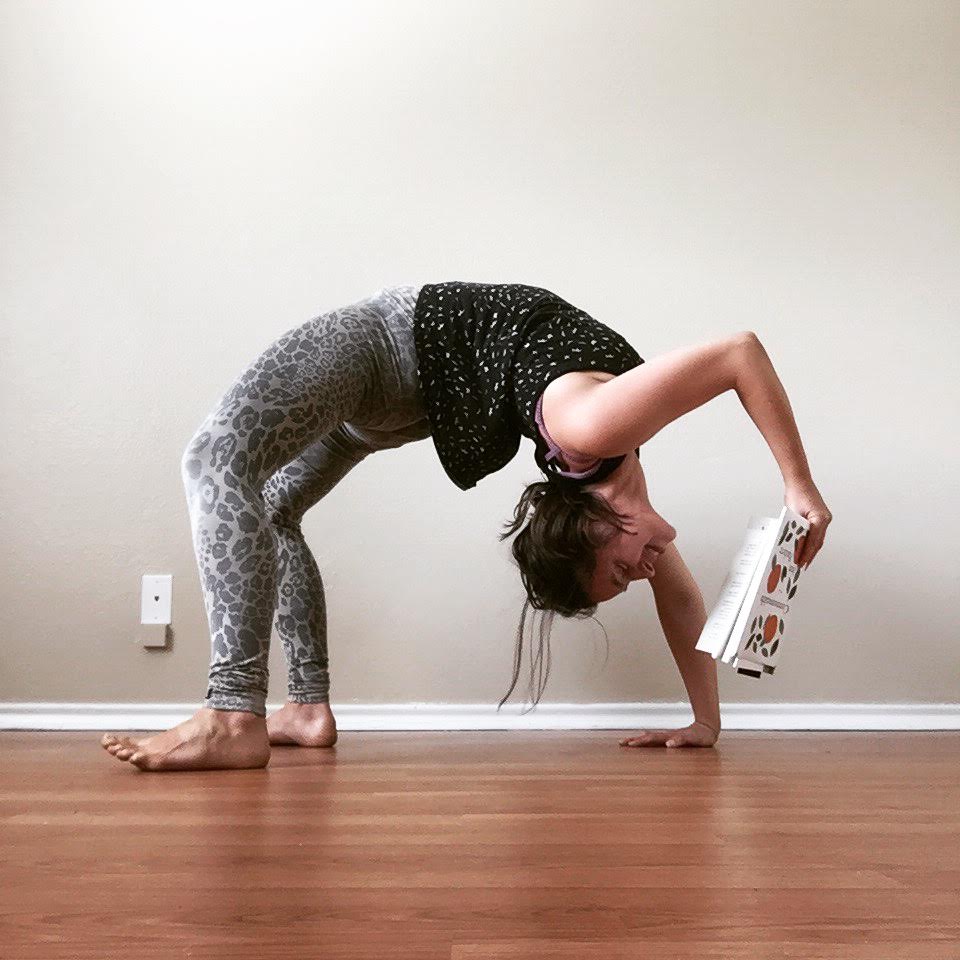I go on Pinterest way more than I should, but I like pretty pictures which is what pinterest is great for. Pinterest is excellent eye candy while I’m trying to get Archer to fall asleep, since he pretty much only falls asleep when I’m wearing him on my back in the ergo while listening to Tibetan Meditation music on youtube.
Every time I am scanning through Pinterest, I always see a new Self-Care 30-day challenge or a tip sheet for “Self-Care for Anxiety” or a blog about “Self-Care for the Highly Sensitive Mom.”
I’m all for self-care. I love self-care. I advocate for self-care. My business is self-care. I teach my fellow type-A, busy mamas how to take better care of themselves. I love seeing self-care as part of the overall health and wellness conversation.
I’ve also noticed that there are some major misconceptions out there about what self-care is and isn’t.
I’d like to take this opportunity to go all MYTHBUSTERS on self-care to clear up those misunderstandings, which might be preventing you from taking care of yourself in the best way possible
1. Self-Care is a Luxury
This is a biggie. Self-care might be a luxury, but it certainly doesn’t have to be. As far as I am concerned, self-care has different frequencies. Most self-care is not a luxury, but instead a daily act of self-preservation. While that might sound extreme, these bite-size “vitamin” self-care practices are the ones I build my life upon. They keep me sane and healthy and connected to my most basic needs.
My vitamin self-care includes daily movement, meditation, daily foot rub before bed, daily abhyanga in the morning, eating delicious fresh food, adding to my smile file, reading a few pages in a book, and being outside. There are other self-care practices that I do that are more “luxurious,” but these are the ones I value the most because they make me feel most like me.
The idea of self-care being a big deal or a luxury experience is simply another way to make self-care exclusive, less accessible, and potentially unattainable, which helps no one.
2. Self-Care is Always Relaxing
Self-care isn’t all pedicures and bubble baths and spa days with the girls.
Sometimes self-care isn’t relaxing at all. Sometimes self-care is energizing. One of my favorite self-care practices is something I call “5-minutes of fitness” in which I do 5 minutes of highly physical exercises like squats or core work or plank variations.
I do this to wake my body up, especially if I’m falling victim to the midday slump and I’m having trouble staying focused on a task. Giving myself 5 minutes to reboot my body helps me refocus and go back to work with more energy.
This isn’t limited to exercise. Crossword puzzles, brain teasers, journaling, and even reading can be stimulating for your brain and all qualify as self-care in my book.
The idea that all self-care is relaxing can be off putting to people who might be more inclined to vigorous physical or mental activity. Also, for people who are more inclined towards those relaxing practices, having at least 1 stimulating self-care practice is a really healthy part of personal wellness because it introduces an action they’re not always inclined to and creates more balance.
3. Self-Care will Fix Your Problems
Self-care is not a bandaid for the challenges you face in life.
Self-care will probably not fill in the cracks in your marriage. Self-care will probably not solve the issue you have at work with that co-worker who seems to have it in for you. Self-care will probably not make your kids listen to everything you say (I know this one for sure – I’ve tried). Self-care will not make your baby sleep through the night. Self-care will not help your mortgage payments go down or help your credit card debt disappear.
Self-care can’t fix these problems, but self-care can help you deal with all of these issues simply by making you feel more connected to yourself. When you are taking better care of yourself, you have a greater capacity to handle what life throws at you because you aren’t hanging on by a thread. You feel more nourished and satisfied because you are tending to your needs.
The idea that self-care can fix everything just makes it harder for you to actually address the real problems of your life because you’re hoping for a silver bullet to magically solve all of your problems.
4. Self-Care is the Same for Everyone.
In almost every list I find for 30-day self-care challenges, I see “give yourself a manicure or pedicure” suggested. Sometimes “going shopping” is suggested as self-care. I even saw, “drink 5 cups of green tea” encouraged as a self-care practice.
None of these are on my list for self-care. I’m not anti-mani/pedi. I just don’t get them ever. Shopping makes me cranky and anxious. And drinking 5 cups of green tea in a single day seems like a recipe for disaster.
All that said, one person’s self-care does not and should not look like someone else’s self-care. I know lots of people who recharge via online shopping, my husband included. In fact, my husband does all kinds of self-care that I would never do. He practices his katas from his school of karate, he plays the trumpet, he binge watches his favorite tv shows, he plays video games to unwind, and naps for hours when he can like a 3 month old baby. None of these activities are appealing to me but I know they bring him joy and deep satisfaction.
Assuming that self-care is one size fits all prevents you from realizing that you know exactly how to take care of yourself.
So here’s what I suggest:
1. Instead of making assumptions about self-care, spend some time getting to know your own needs and acknowledge them. Create some vitamin self-care practices that support your needs. Then branch out to include some more “exciting” or fancy self-care that isn’t daily, but it still valuable to your overall health and happiness.
2. See if you are already doing anything daily or weekly that qualifies as vitamin self-care. If you are, fantastic! Maybe add a few more, if it feels really minimal. If you aren’t, no problem. Go back to step 1.
3. If you’re doing something that feels forced or awkward or “not you” in the name of self-care, don’t do it anymore. If it’s not serving you, it’s not worth your time. Find something that is (go back to step 1).
It’s as simple as that. Really. Discovering what smoothes the rough edges or makes your heart sing what you’re after when it comes to self-care.
It might not be intuitive. You might need more support.
4. If you have no idea where to begin because it’s been a really long time since you’ve even thought about what you might like to do for yourself, I have a solution. 21 days of self-care support and inspiration. Not a challenge, but a beginning.
Sometimes all you need is a shift in perspective or a new approach to self-care in order to get back on track with yourself. If you want to learn how to create your own personal self-care toolkit, I’d love to be your guide.



